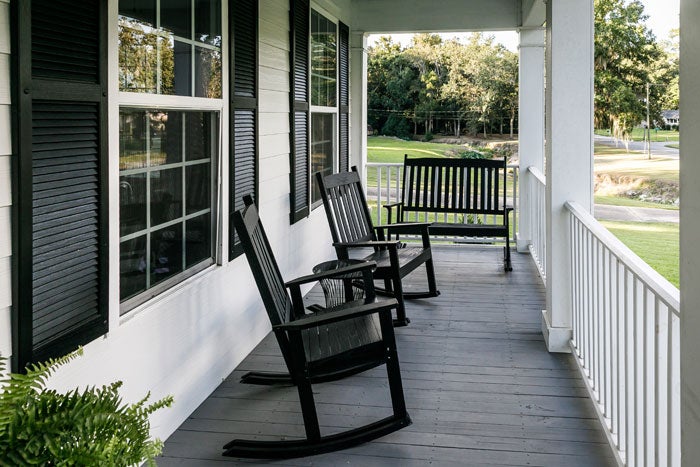
With multiple brands centered on food and home, Meredith has been providing help and inspiration to people sheltering in place during the coronavirus pandemic.
During the first two weeks of April, traffic for Meredith’s food brands – Allrecipes, EatingWell, MyRecipes and Food & Wine – surged 117%. Traffic to its home and garden brands, which include Better Homes and Gardens, Real Simple, Martha Stewart Living and Southern Living, soared 54% year over year.
Within those huge traffic increases, Meredith can spot trends. Consumers have been searching for copycat dishes from Olive Garden, Panera Bread, Chipotle and other restaurants to satisfy cravings for food they can’t as easily buy anymore. Interest in bread baking is way up. And people are looking for ways to eat game meat, such as venison, as they hunker down and consume the contents of their freezers.
Meredith then uses information about what its readers seek to help advertisers.
Though Meredith has always provided insights to clients – such as helping CPG companies develop new products based on its ability to spot trending ingredients – clients in the past month have asked for more data at a faster cadence.
“We are more of a trusted source than ever, and to a much bigger range of clients,” said Chip Schenck, Meredith SVP of data and programmatic solutions.
Many advertisers who initially paused or canceled campaigns are now looking for ways to continue talking to consumers, but with different messaging. Even companies with flatlining demand and zero advertising want to know when consumers will be interested in their products and services again.
For example, a travel company is asking Meredith for reports multiple times a week about what consumers are feeling – their consumption mindset and behavioral and emotional states.
But there are also many Meredith advertisers seeing upticks in demand. Insights can help them focus messaging and resources to align with consumer interests.
For example, being stuck at home is motivating many people to take on DIY projects – and Meredith is sharing with advertisers exactly what kind of projects they’re taking on.
On its home properties, Meredith is currently seeing a surge in interest in lawn and garden, a month ahead of the typical seasonal increase in traffic. Among the many projects soaring are unlikely ones that make sense in the context of the coronavirus pandemic, such as interest in porch renovations. As people wave to neighbors at a distance and seek a little more outdoor time, they’re checking out Southern Living’s porch makeovers recap for inspiration.
Although Meredith’s traffic is up, and advertisers are using the publisher’s readership data to understand how the pandemic is changing consumer behavior, the media brand isn’t immune to its economic impact.
Like the industry overall, some advertiser categories have gone silent. CPM declines haven’t made up for traffic increases. Meredith recently cut employee pay through September, citing declines in advertising revenue.
But Schenck sees stabilization in the advertising market.
Week one was “disbelief, no movement,” he said, as clients simply watched and waited. Weeks two through four were filled with advertisers pausing, canceling and shifting campaigns. During weeks five and six, advertisers adjusted their messaging. Campaigns were rebooked. The sales team is fielding RFPs.
In this new normal, with the future of sheltering in place up in the air, advertisers will need to continue to lean on digital media companies with strong insights instead of just thinking of them as media partners, Schenck said.
“Insights isn’t just about media buying,” he said. “It’s content recommendation, product activation and helping people rework their messaging, so they can get back in market. It has to be all-encompassing.”
His hope is that if Meredith helps clients get back on their feet, the nearly 120-year-old media company’s fortunes will follow. “Helping clients through this is the core thing we have to do,” Schenck said. “If we can’t make our clients win, then we can’t win either.”












